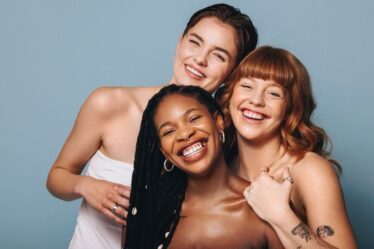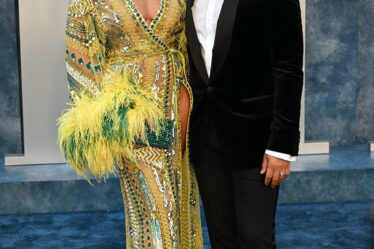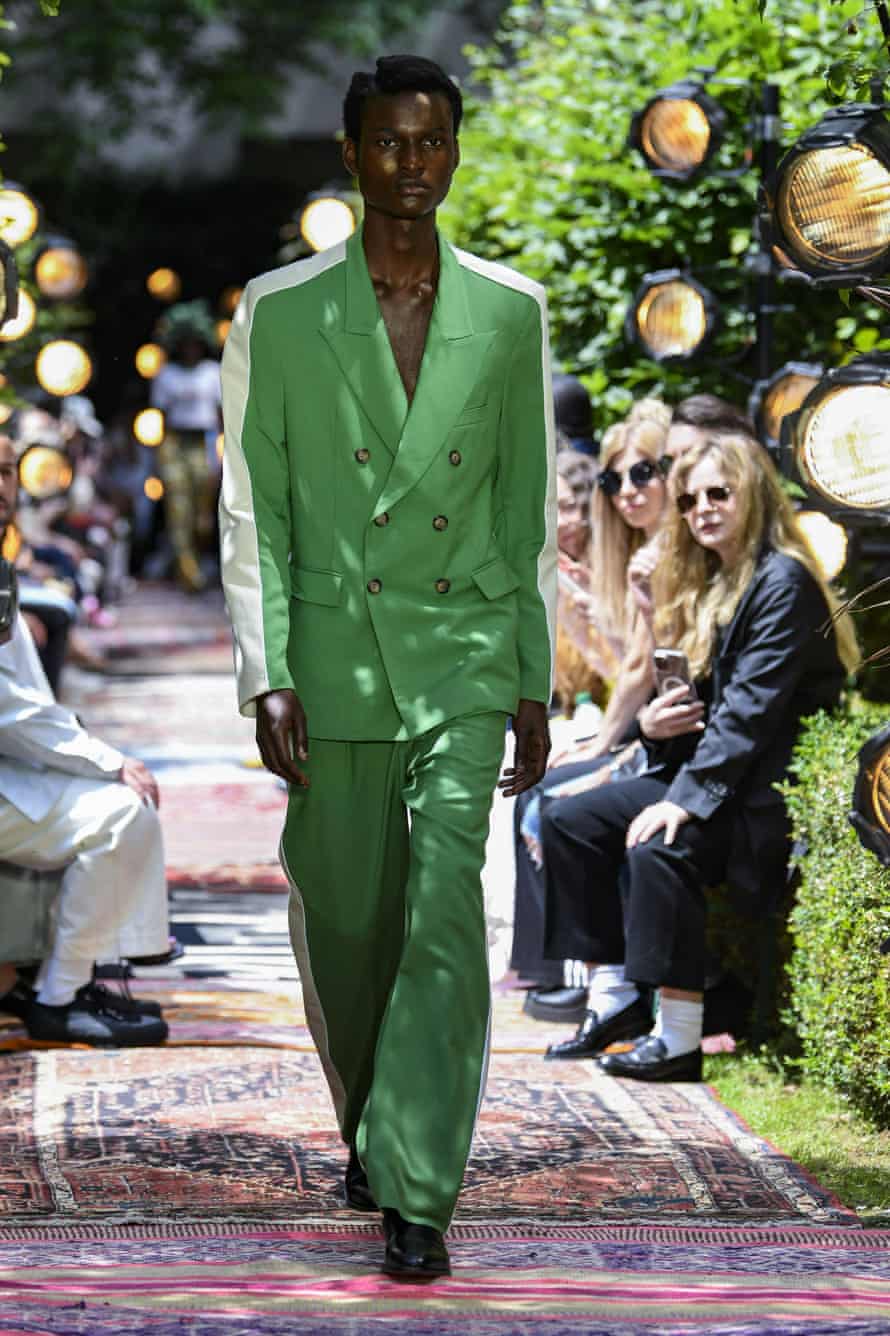
With London fashion week taking place in the capital last weekend, about 18 events showcased the latest collections by designers working across menswear, womenswear and genderless clothing. The two biggest “stars” of the event, Priya Ahluwalia and Martine Rose, showed their collections on the catwalk on Sunday. Strikingly for an industry not known for its diversity, they are both women of colour – suggesting there may be a shift in fashion towards broader representation.
Speaking before her show, Ahluwalia said that since she began her brand in 2018, there has been a change: “The representation is getting more visible, and there are so many more different brands, from different owners from different backgrounds. I hope that we are on the way to meaningful change rather than just performative.”
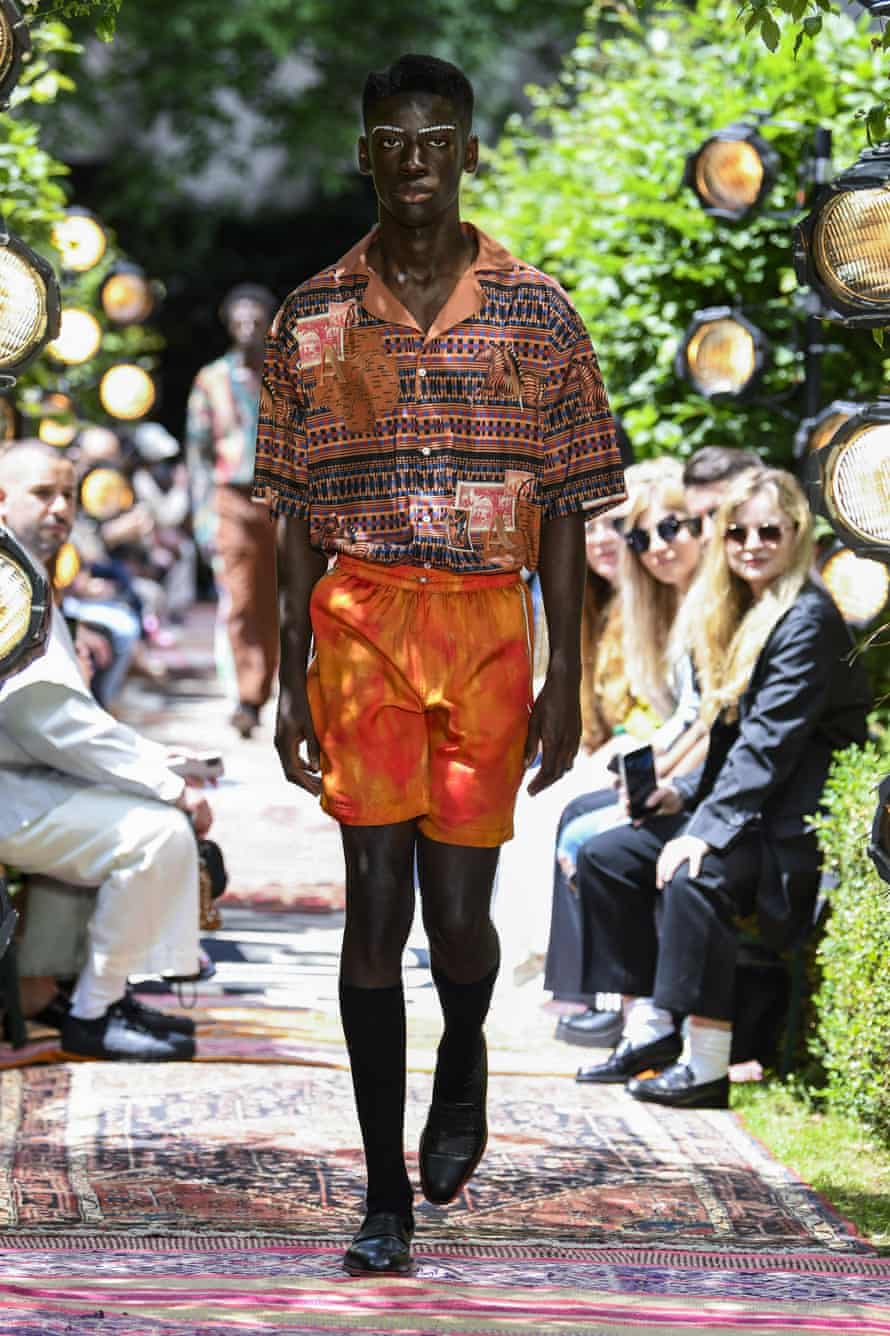
The designer has consistently explored her Indian and Nigerian heritage in her designs, as was the case on Sunday in her show, entitled Africa is Limitless.
“It was inspired by how people refer to Africa as a homogenous nation,” she said. Ahluwalia explored the different African countries, even creating a spreadsheet of each country’s national dress, flowers and animals. This research provided a jumping-off point for her designs. “It’s not a top from Chad and trousers from Ivory Coast,” she said. “It’s more of a fusion.”
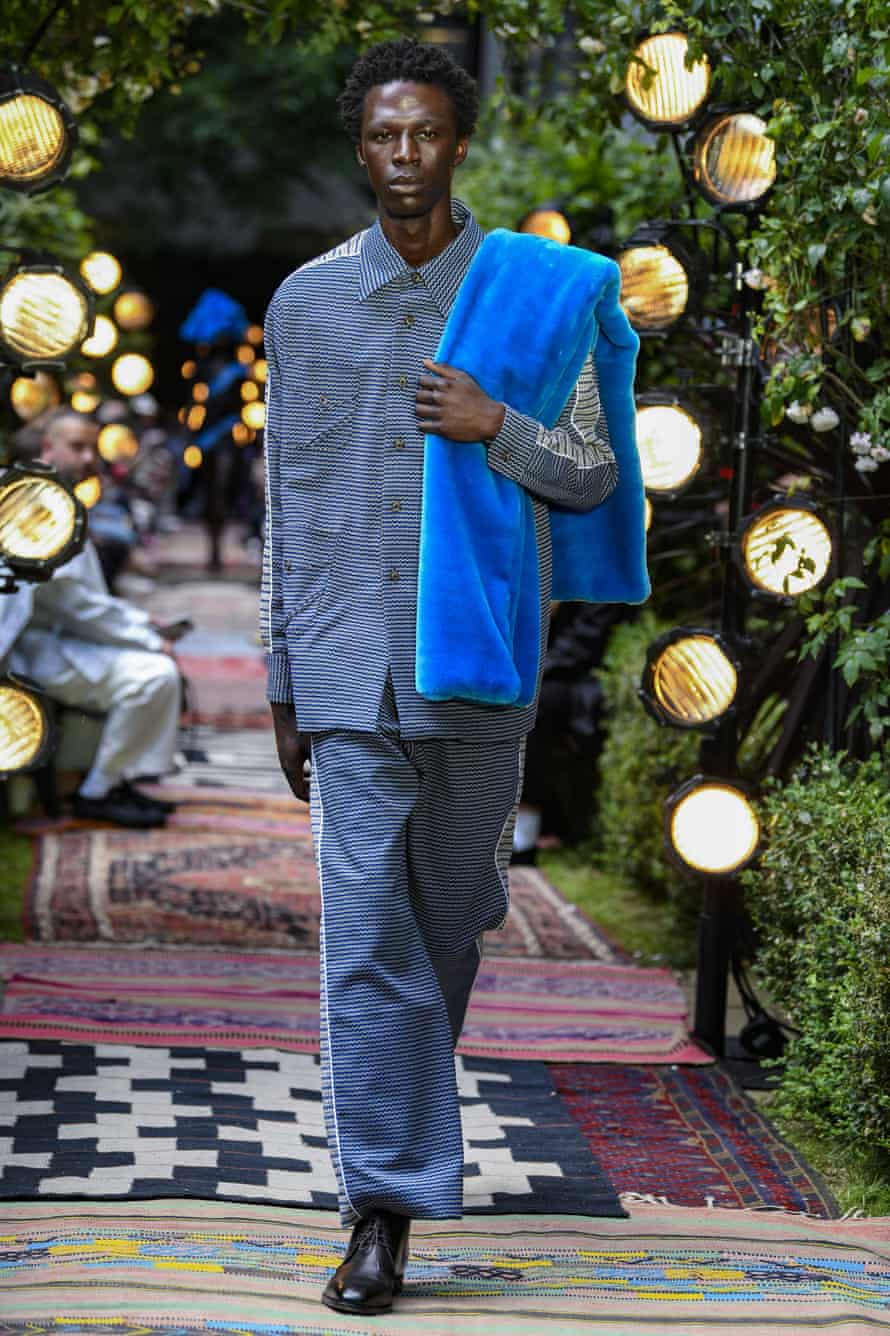
Ahluwalia has often said she is not a sustainable designer, but she often uses deadstock over new fabrics. This goes back to her heritage, too. “I started my brand because I started noticing secondhand clothing flooding Lagos and India,” she said. However, with success comes different problems. “Now we’ve scaled up, it’s actually more difficult, because the clothing is not there,” she says. “It’s hard to get access to it… We’ve got to do a lot of work to make it all happen.”
Sportswear is set to be a big trend at the shows this weekend. Rose and Ahluwalia have had pieces such as football shirts and tracksuit trousers in their collections, while the menswear designer Robyn Lynch is known for outdoor wear. Saul Nash, who also works as a choreographer, showed his collection digitally on Monday. He recently won the Queen Elizabeth II Award, with a reworked tracksuit, which has become his signature. The Business of Fashion recently calling him “the future of activewear”.
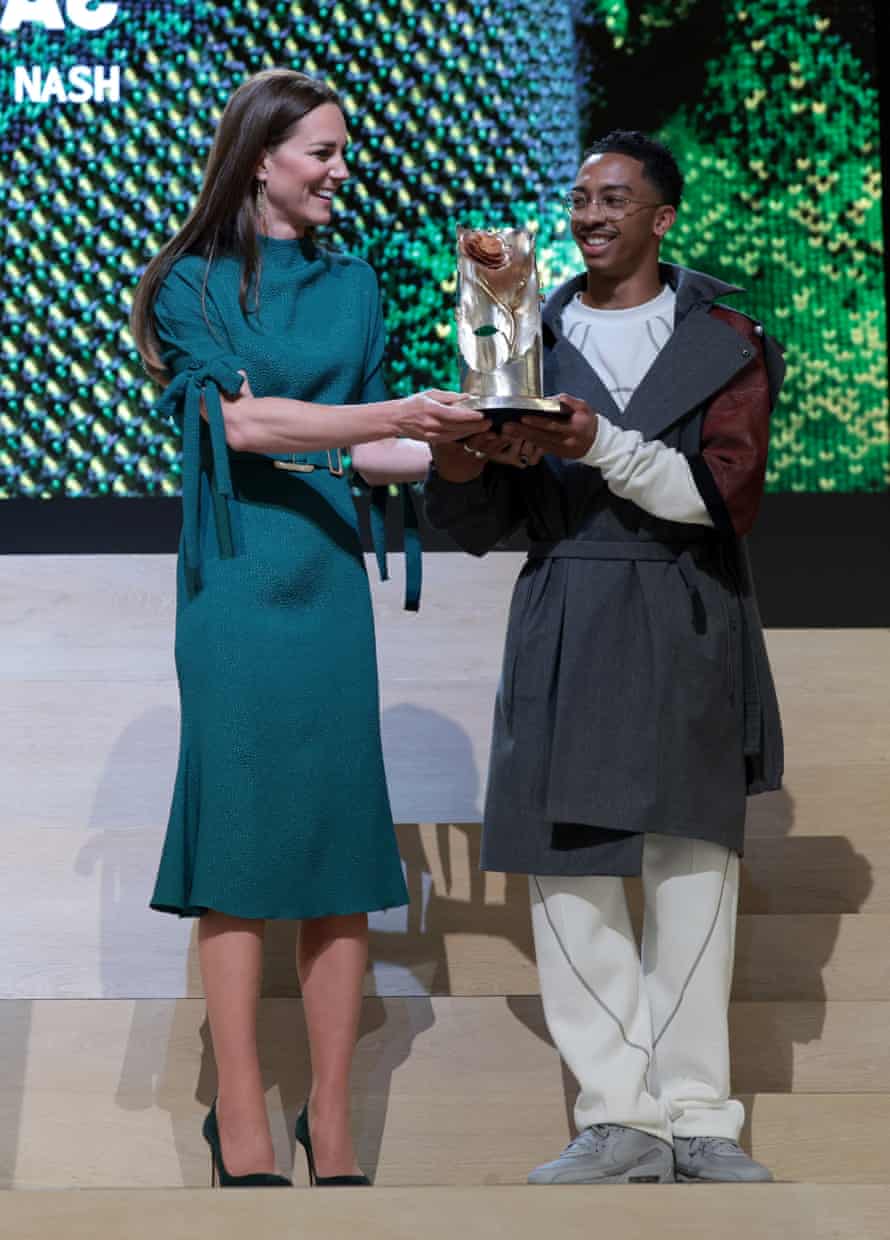
As part of the event, Circle Zero Eight, a magazine dedicated to sport and style, took over the London fashion week Instagram account. “There was almost a snobbery towards sportswear until some of the brilliant young designers changed the landscape,” said the magazine’s editor, Elgar Johnson. He added that the growing visibility of sportswear at London fashion week is also down to dress codes changing: “Sportswear is so intertwined within the uniform of the public now,” he said.
Johnson hopes that this is all a sign of more inclusivity and openness to come. “I would like it to continue opening up for everyone to be part of,” he said. “The days of exclusivity are over. There is no hierarchy.”
This London fashion week event marked 10 years of shows in the capital in January and June. Originally part of a menswear schedule – which is followed by events in Milan and Paris – it has evolved to include menswear, womenswear and genderless clothing, and runs across physical shows and digital presentations.
Establishing diversity as a core value in London fashion is another change that needs to be addressed. The British Fashion Council, which runs London fashion week, is part of the BBC’s 50:50 Equality Project, a monitoring system that will be used to track those working at the event, across roles. A report will come out later this year focusing on ways to instigate a more diverse culture. “It is critical that we ensure changes in attitudes and priorities continue to be translated into meaningful action,” British Fashion Council CEO Caroline Rush told Drapers magazine in May. “As an industry, it’s important that we continue to work to build a system we are proud of.”

